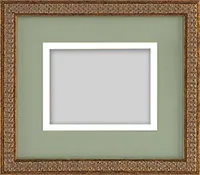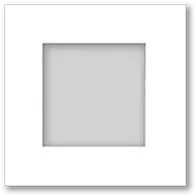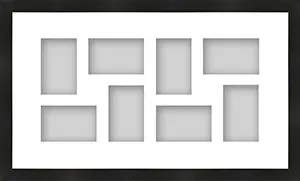Ok
Ok
What is the question
Cancel
My Account
Log In
Favorites
Saved Designs
Log In
Shopping Cart
Search
Frame Profile
Definition
A Frame Profile refers to the shape and cross-section of a frame moulding, which determines its overall contour, depth, width, and decorative character. The profile is visible when looking at the edge of the moulding from the side and is a key factor in both the visual style and functional capacity of a frame. Profiles can range from simple flat or rounded shapes to ornate, multi-step mouldings with intricate details.
Uses
- Defines the overall style of the frame, from modern minimalism to ornate traditional designs.
- Affects how much depth the frame can accommodate (rabbet depth and height).
- Influences how the frame interacts visually with matting, liners, and artwork.
- Determines whether the frame is suitable for canvases, shadow boxes, or works on paper.
- Provides designers and framers with consistency in identifying and selecting mouldings.
Best Practices
- Select a frame profile that complements the artwork style (sleek for photography, ornate for classical paintings).
- Consider rabbet depth and structural integrity when framing thick or heavy artworks.
- Match profile scale to the size of the artwork-large art may require wider, deeper profiles for balance.
- For conservation framing, ensure profiles allow space for spacers, mats, or protective glazing.
- Test sample corners to visualize how the profile interacts with the art before finalizing.
Related Terms









